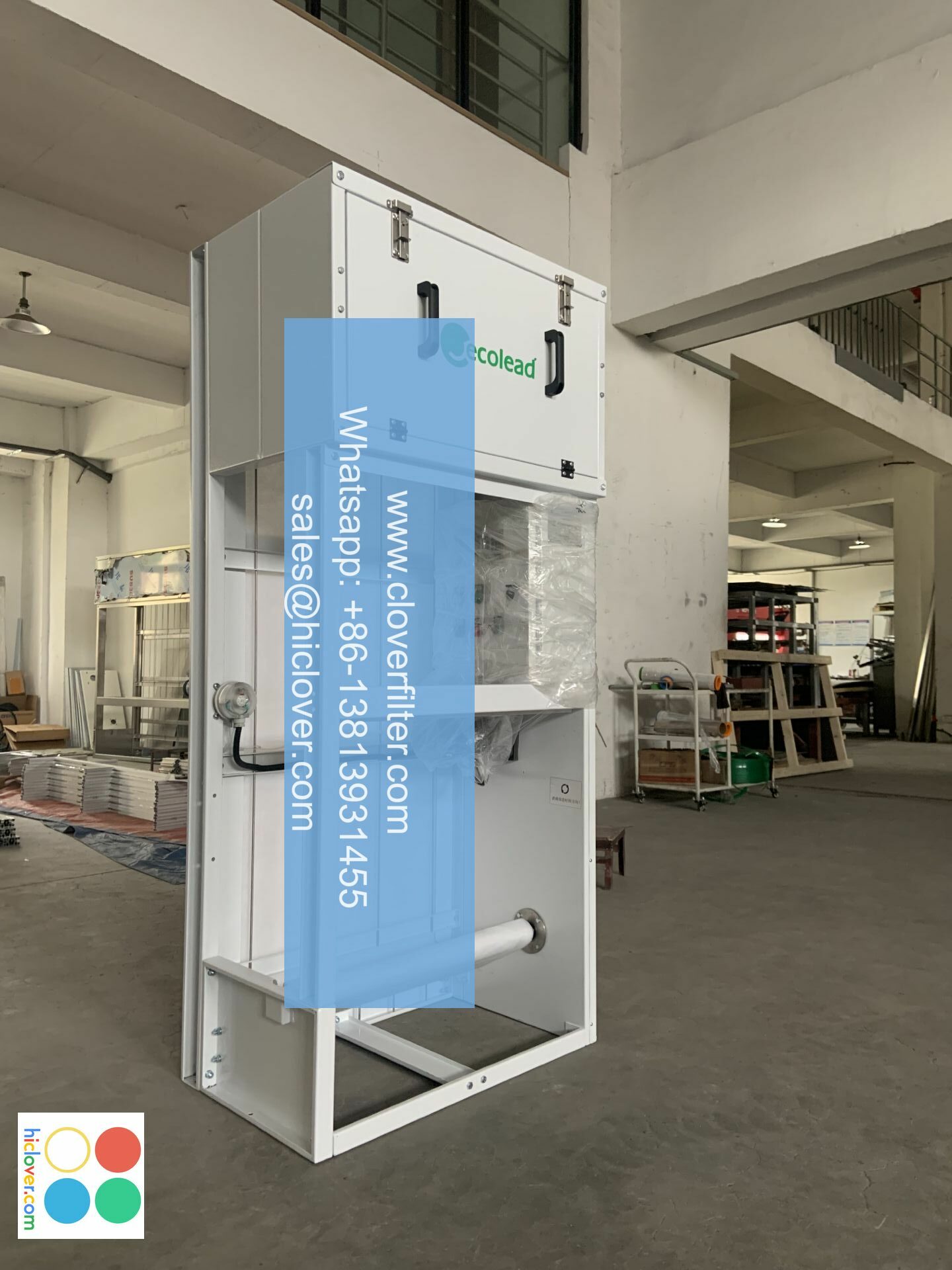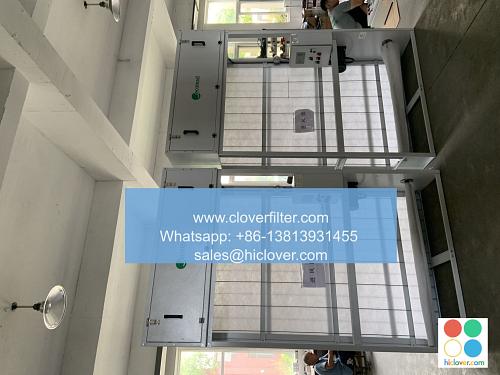The Importance of Air Filters in Healthcare Settings

Air filtration systems play a crucial role in maintaining a healthy and safe environment in healthcare settings, including hospitals, clinics, and nursing homes. The use of high-quality air filters is essential to prevent the spread of airborne diseases, reduce the risk of hospital-acquired infections (HAIs), and improve indoor air quality (IAQ). In this article, we will discuss the importance of air filters in healthcare settings, highlighting various application areas, and emphasizing the need for effective air purification systems and ventilation systems to ensure a healthy environment for patients, staff, and visitors.
Preventing the Spread of Airborne Diseases
Airborne diseases, such as tuberculosis, influenza, and COVID-19, can spread quickly in healthcare settings, putting patients, staff, and visitors at risk. Airborne infection control measures, including the use of air filters, are critical to preventing the spread of these diseases. High-efficiency particulate air (HEPA) filters, which can capture 99.97% of particles as small as 0.3 microns, are particularly effective in removing airborne pathogens from the air. By installing HEPA air purifiers and air cleaning systems in healthcare settings, the risk of airborne disease transmission can be significantly reduced.
Reducing Hospital-Acquired Infections (HAIs)
Hospital-acquired infections (HAIs) are a significant concern in healthcare settings, accounting for thousands of deaths and millions of dollars in healthcare costs each year. Indoor air quality plays a critical role in preventing HAIs, as airborne pathogens can colonize on surfaces and be transmitted to patients through contact with contaminated air. The use of air filtration systems and uv air purifiers can help reduce the risk of HAIs by removing airborne pathogens and other contaminants from the air. By maintaining good indoor air quality and reducing the risk of HAIs, healthcare settings can improve patient outcomes and reduce healthcare costs.
Improving Indoor Air Quality (IAQ)
Indoor air quality (IAQ) is a critical factor in maintaining a healthy and safe environment in healthcare settings. Poor IAQ can lead to a range of health problems, including respiratory issues, allergies, and other health conditions. Air quality monitoring and air purification systems can help identify and address IAQ issues, improving the overall health and well-being of patients, staff, and visitors. By installing whole house air purifiers and commercial air cleaning systems, healthcare settings can improve IAQ, reduce the risk of airborne diseases, and create a healthier environment for everyone.
Application Areas
Air filters are used in various application areas in healthcare settings, including:
* Operating rooms: HEPA filters are used to maintain a sterile environment and prevent the spread of airborne pathogens.
* Patient rooms: Air filters are used to improve IAQ and reduce the risk of HAIs.
* Isolation rooms: Air filters are used to prevent the spread of airborne diseases and maintain a safe environment for patients and staff.
* Pharmacies: Air filters are used to maintain a clean and safe environment for preparing and dispensing medications.
* Lab areas: Air filters are used to prevent the spread of airborne pathogens and maintain a safe environment for laboratory personnel.
Conclusion
In conclusion, air filters play a critical role in maintaining a healthy and safe environment in healthcare settings. The use of high-quality air filters, including HEPA filters, can help prevent the spread of airborne diseases, reduce the risk of HAIs, and improve IAQ. By installing effective air purification systems and ventilation systems, healthcare settings can improve patient outcomes, reduce healthcare costs, and create a healthier environment for everyone. Highlighting various application areas, including operating rooms, patient rooms, isolation rooms, pharmacies, and lab areas, emphasizes the importance of air filtration systems in healthcare settings. It seems like you forgot to include the actual prompt. Could you please provide more details or specify what you would like to talk about?

